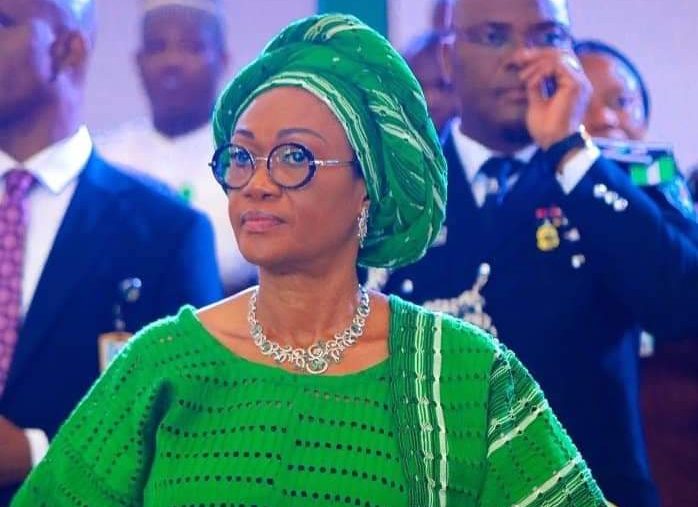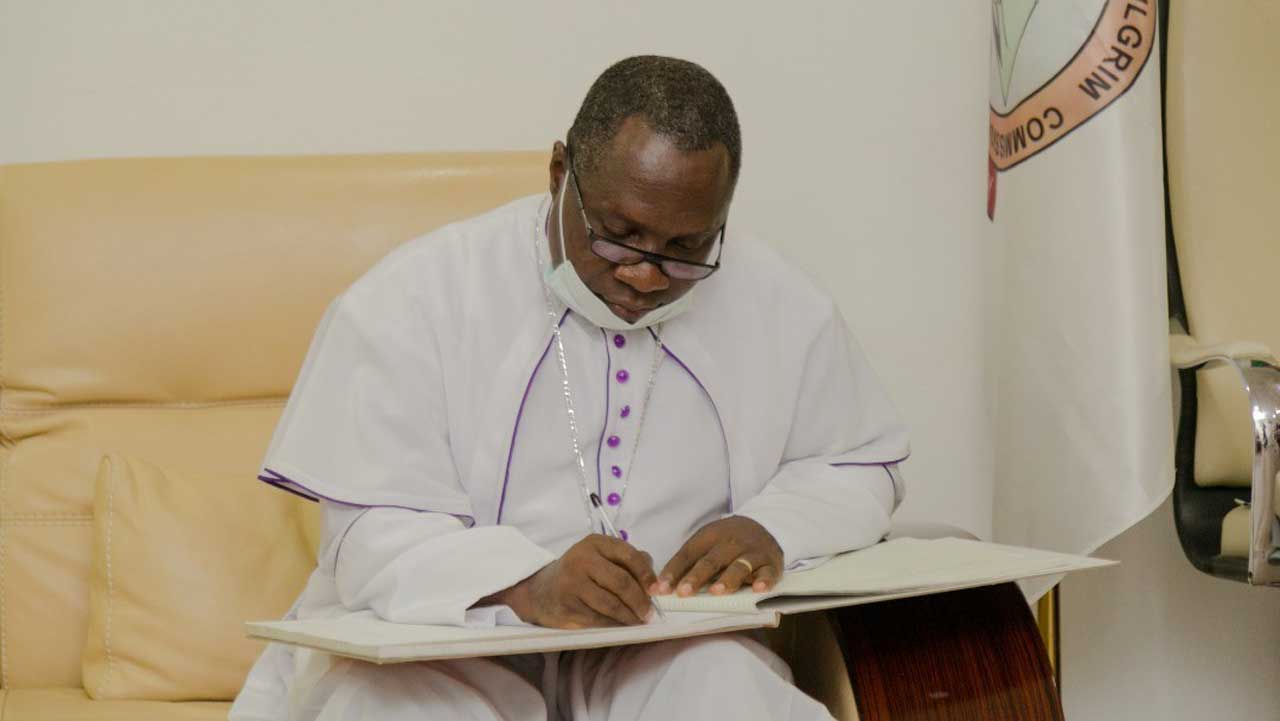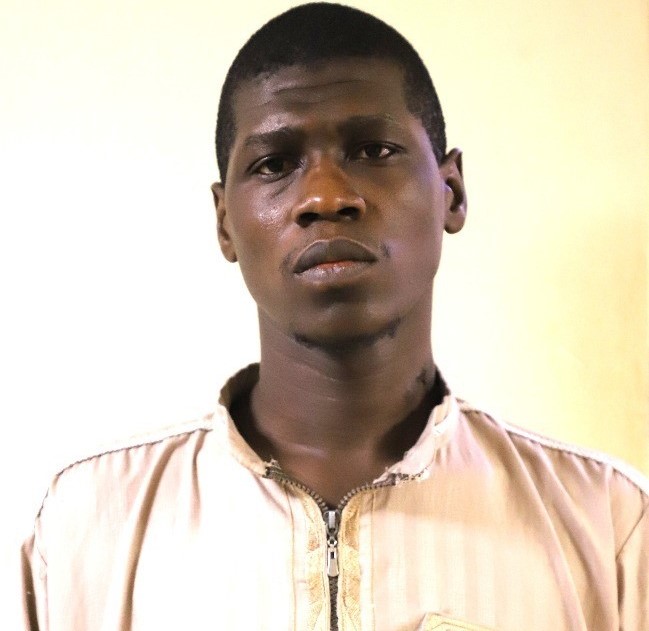The First Lady, Senator Oluremi Tinubu, on Thursday in Abuja, urged Nigerian women to embrace humble beginnings and harness digital skills to build stronger economic futures, saying small, consistent steps often lead to transformative success.
Speaking at the closing ceremony of the 2025 Women ICT Training and Empowerment Programme, organised by NITDA in partnership with the Renewed Hope Initiative (RHI), at the Presidential Villa, Senator Tinubu said the steady expansion of the scheme since its inception demonstrates the nation’s growing commitment to equipping women for a technology-driven future.
Reaffirming her commitment to digital inclusion, the First Lady declared that women will play an increasingly decisive role in shaping Nigeria’s technological and economic trajectory.
“Don’t be afraid to start small. When you do something small and do it well, someone will notice,” she told participants. “Even in business, start with what you have. Start, even if it is small, someone will see your effort.”
She noted that many of her long-standing initiatives in girl-child education and alternative schooling models also began modestly, but grew through consistency and conviction, proof that perseverance turns ideas into institutions.
Senator Tinubu explained that the NITDA-RHI partnership falls under RHI’s Economic Empowerment pillar and aligns with President Bola Tinubu’s Renewed Hope Agenda, which prioritises economic diversification through industrialisation and digitalisation.
She said expanding ICT training to women nationwide is helping to build “a digital future where more women and girls can thrive, innovate and lead.”
The First Lady highlighted the programme’s growth: from a small cohort of female digital pioneers in the FCT at its 2023 launch, to 252 beneficiaries across all zones in 2024 who became Digital Literacy Champions, transforming their communities.
For the 2025 edition, training was conducted in Bauchi, Kaduna, Nasarawa, Imo, Edo and Ondo States as well as the FCT, reaching 320 women, 40 per zone, 40 from the FCT and 40 stakeholders, who received intensive digital skills to strengthen their socio-economic prospects.
Senator Tinubu congratulated the participants, urging them to apply their skills, pursue continuous learning, and mentor other women and girls seeking opportunities in the digital space.
Earlier, Director-General of NITDA, Kashifu Inuwa Abdullahi, praised the First Lady for her leadership and support in advancing digital empowerment for women.
He said the initiative aligns with President Tinubu’s broader goals of economic diversification, human capital development and inclusivity.
Abdullahi noted that Nigeria is targeting a 70 per cent digital literacy rate by 2027, and that NITDA, working with the Ministry of Education, is integrating digital literacy into the national curriculum from early childhood to tertiary education.
Several universities, he added, have already adopted digital literacy as a general studies requirement.
He said the women who have been trained have acquired foundational digital skills, including device and software use, data literacy, content creation, digital marketing, online safety, problem-solving, and an understanding of the gig economy.
“You can live in Aba and work remotely for clients in Lagos, Abuja or even outside Nigeria. The future is the gig economy, and knowledge gives you power,” he told the beneficiaries.
The DG reported that between 2023 and 2024, NITDA trained more than 1.1 million Nigerians in various digital skills.
Under the women-focused partnership alone, the DG reported that 607 women have benefited, while in 2025, 510,000 Nigerians, including 10,000 teachers and 32,000 civil servants, have already been trained.
“To truly touch lives, we must prioritise women. When we empower women, we empower families and strengthen communities. Strong communities lead to a more inclusive and prosperous nation,” he said.
In attendance were wives of senior government officials, including the wife of the Deputy Senate President; the wife of the Chief of Staff to the President; several state First Ladies; wives of ministers; and wives of service chiefs, including those of the Chief of Army Staff, Chief of Naval Staff, Chief of Air Staff, the Inspector-General of Police, and the Director-General of the DSS.






